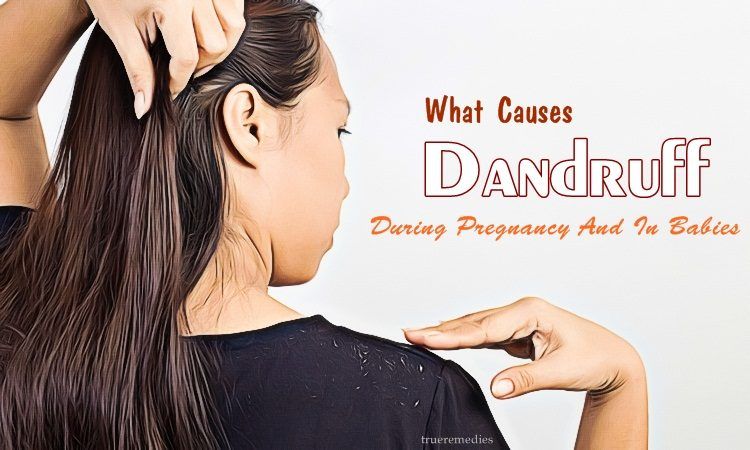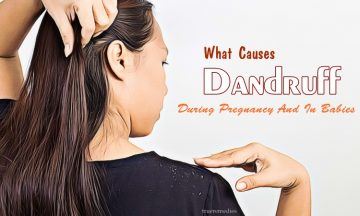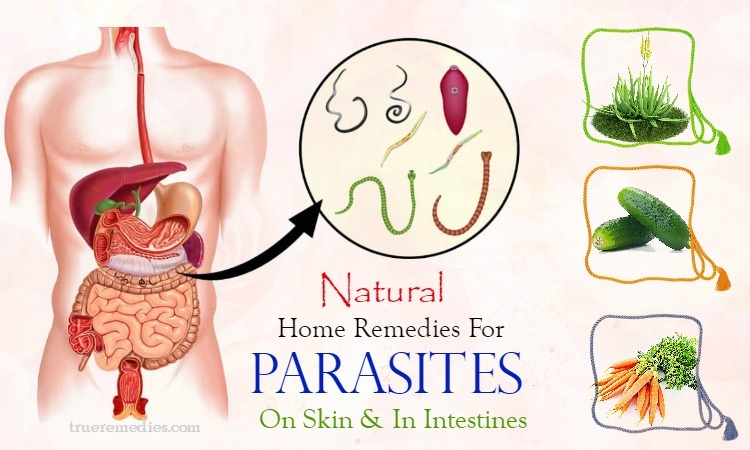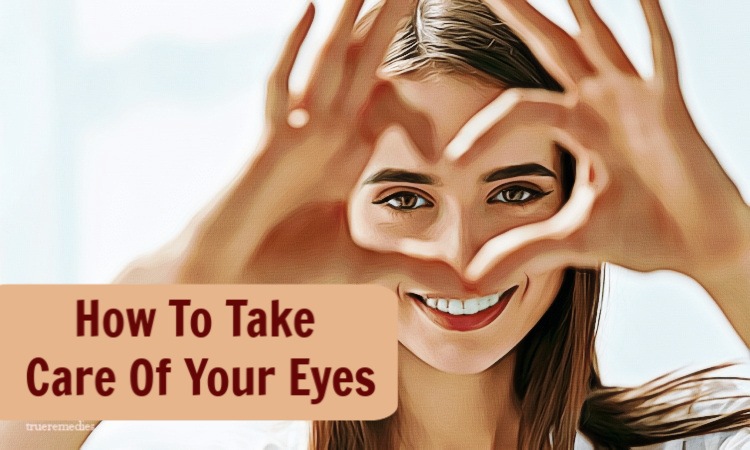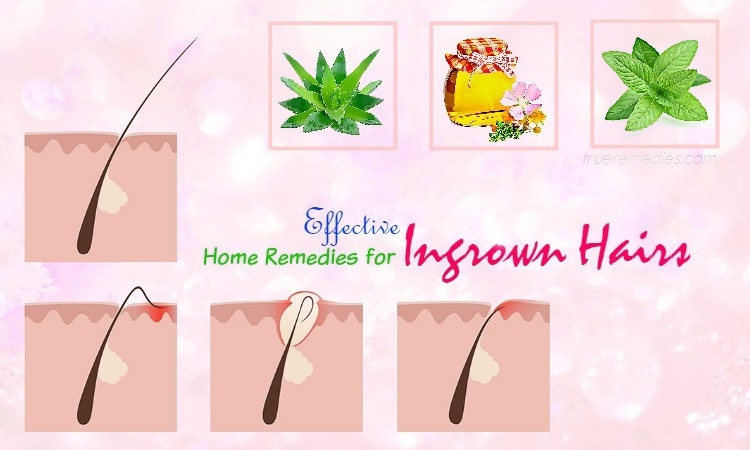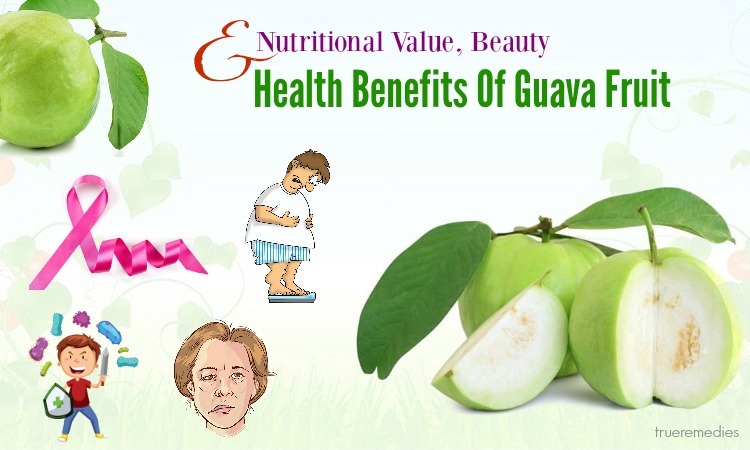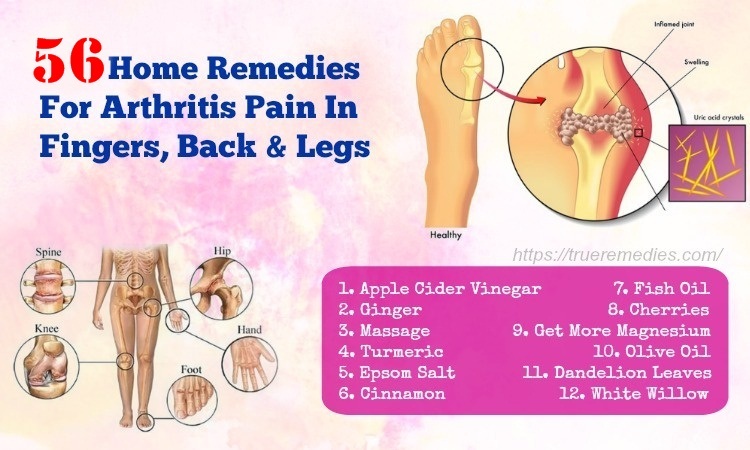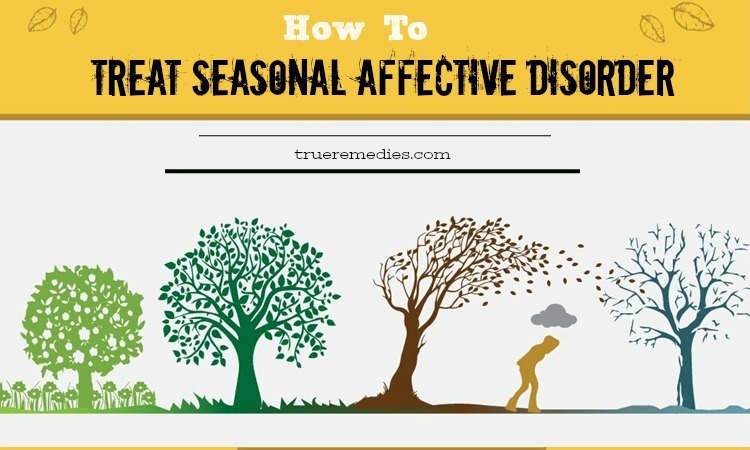Contents
For many people, dandruff might be embarrassing and annoying at times. However, it does not express any serious health issues. In general, flaking and itching often reflect the shampoo and treatments. Thus, it is truly important for you to know the reasons for dandruff to have the proper treatments. In this article, we are going to provide you with the basic knowledge about what causes dandruff during pregnancy and in babies and natural home remedies to deal with this problem.
- 15 best natural treatments for oily scalp and dandruff
- Causes of frizzy hair and its treatments
- Top 35 effective solutions for oily hair in summer
Dandruff During Pregnancy And In Babies: Causes & Treatments
I. Overview
1. What Is Dandruff?
Dandruff, also known as seborrhoeic dermatitis, is a popular chronic scalp condition expressed by flakes of the skin on your scalp[1]. Although dandruff is not serious and contagious, it can make patients embarrassing and is quite difficult to treat completely.
Dr. Debra Jaliman, a dermatologist and also an Assistant Professor of Dermatology at New York’s Icahn School of Medicine at Mount Sinai, confirms that the condition of dandruff is because your skin is not exfoliating properly and dead skin is stuck on the scalp and starts to itch and flake.
Besides, dandruff is a result of too much yeast on the oily areas of the skin. Dandruff is considered as a real skin condition without relating to poor hygiene. It usually appears on the scalp, sometimes even the eyelashes or eyebrows. Therefore, it is necessary to seek the causes and proper medical advice to get rid of this annoying condition.
2. Causes
Until now, the causes of dandruff are not known; however; the following are the most common causes that you should know.
- Oily and irritated skin: This is said to be one of the most popular causes of dandruff. It is marked by greasy and red skin covered with flaky yellow or white scales. It often affects your scalp and also other areas that are rich in oil glands including the eyebrows, the sides of the nose, or the backs of the ears, the breastbone, the groin area, and even the armpits.
- Not shampooing often enough: If you don’t wash your hair regularly, oils and dead skin cells from your scalp can go up and result in dandruff.
- Dry skin: In general, flakes from dry skin are less oily and smaller than those from other ones.
- A yeast-like fungus: Malassezia living on some scalps can annoy the scalp and make the skin cells grow rapidly. When the extra skin cells die, the white and flaky dandruff appears.
- Sensitivity to hair care products: Some people can be sensitive to certain ingredients in hair care products, which causes itchy and red scalp.
- Hormonal changes: Some menopausal women get dandruff because of the changes in their hormones.
- Lack of sunlight: As we know, dandruff is more common in the winter because the UV light might kill the pityrosporum ovale yeast, which contributes to the development of dandruff.
- Certain skin conditions: Those who have eczema, psoriasis, and several other skin disorders tend to get dandruff easier than others. Besides, Tinea Capitis, a fungal infection, may cause dandruff.
- Medical conditions: Those who are Parkinson’s patients or neurological illness tend to get dandruff more easily. Besides, the sufferers with a stroke, a heart attack, or a weak immune system might be more prone to this condition.
- Diet: If you do not consume enough foods that have vitamin B, zinc, and some types of fats, you can increase the risk of dandruff. Moreover, excessively sugary, salty, and spicy food, and alcohol can exacerbate dandruff.
- Mental stress: Many researchers show that stress and skin problems have a close link, and dandruff is one of them.
3. Symptoms
For most adults and teenagers, dandruff symptoms are easy to realize: oily-looking, white flakes of dead skin that are on your shoulders and your hair. Besides, it can have a possibly itchy and scaly scalp. Dandruff condition might become worse during the cold weather, especially in the winter because indoor heating can improve the dry skin in the summer and reduce dandruff.
TrueRemedies Partner Solutions

Need a Help from the Leading Expert Online, Available 24/7?
They’re all here and ready to answer your questions online or by phone. Keep asking questions until you get the answer you need.
There is a kind of dandruff named cradle cap can affect babies. This disorder causes a crusty scalp and scaly scalp. It is most popular in newborns or even happens anytime during infancy. Fortunately, it is not dangerous and often clears up when the babies grow up.
4. Types
Although dandruff is a frustrating condition, it is treatable. However, you need to find out what type of your dandruff. There are six main types of dandruff. They include:
- Dry Skin-Related Dandruff: Those who are dry skin often develop dandruff. This dry skin could be the result of winter or not wash your hair regularly. Otherwise, the curly hair suffers from a drier scalp than other types of hair. The dry skin-related dandruff can cause the feeling of tightness on your scalp with the round, small, and white flakes.
- Oily Scalp-Related Dandruff: Another common cause of dandruff is the development of too much sebum, the natural oil in the scalp that is a product of sebaceous glands to moisturize your hair and prevent it from getting dry. Nevertheless, your body sometimes may produce excessive sebum, which often is the result of pregnancy, puberty, stress, or irregular shampooing. The excess sebum mixed with dirt and dead skin cells will form dandruff. This type of dandruff will cause the yellow patches on the scalp, itching, big yellow flakes, and greasy hair.
- Fungal Dandruff: Fungal dandruff is caused by a fungus called Malassezia globosa on the scalp. This fungus spreads quickly when the scalp has a pH imbalance and excessive oily sebum. It releases the Oleic acid as a product of its metabolic activities, which contribute to increasing the turnover of skin cells become dandruff.
- Dandruff Caused By Product Buildup: If you have the routine of hairstyling, including five different products, you absolutely should stop immediately. Using too many amounts of styling products such as gels, leave-in conditioners, pomades, hair sprays, or mosses can destroy your scalp skin. These combine with dead skin cells and dirt to create dandruff. Moreover, this even can cause hair loss, so you need to be truly careful.
- Dandruff Caused By Seborrheic Dermatitis: It is known as a chronic inflammatory skin problem that may appear on parts of the body where the concentration of sebaceous glands is higher than other parts such as the neck, scalp, behind the eyes, eyebrows, and face. A lot of studies express that it is often produced by the inflammatory reaction to yeast that can be naturally found on the skin’s surface. Hormones changes and stress are two of triggers can lead to seborrheic dermatitis. Your scalp will have yellowish or white dandruff flakes, redness, greasiness, scaly patches, or irritation.
- Dandruff Caused By Psoriasis: Psoriasis is said to be a chronic skin condition that the immune system begins to attack the healthy skin tissues. This brings in a quick production of new skin cells before the dead skin cells have an opportunity to flake off. As a result, the development of thick silver-colored scaly patches appears on the scalp, knees, neck, and back.
5. Complications
It is truly rare for dandruff to have any complications at all, and you don’t need to consult a doctor. However, below are some possible complications that can appear:
- Infection: Sometimes, it can cause some signs of infection, including tenderness, redness, or swelling. Besides, if you scratch your skin constantly, your skin can be broken a little and create the condition for bacteria to enter and cause an infection.
- The symptoms of psoriasis, eczema, or other skin problems can appear and make you very itchy.
- Reaction to medicated shampoo: If you have sensitive skin, along with the inflammatory reaction to the medicated shampoos, you surely should stop using it and consult your pharmacist to find another appropriate treatment.
II. What Causes Dandruff During Pregnancy?
1. Causes
- High Oil Production: During pregnancy, hormonal changes are more common and can have a remarkable effect on your skin. This will lead to the excessive production of oil and new cells, which might be responsible for the quick build-up of dead skin cells, and thus bring in the flaking scalp.
- Sensitivity To Hair Care Products: The main contributors to the appearance of dandruff in pregnancy are several hair care products, including shampoos, hair oils, or conditioners. As said earlier, during pregnancy, the body becomes more sensitive to additives and chemicals. Although your skin can be familiar with these products, your scalp still can react in different ways, so lead to flaking.
- Overreaction From The Body: Normal microorganisms are consistently present on our skin. During pregnancy, the body often becomes unusually sensitive and considers these fungi and bacteria as aliens. It tries to prevent the body from these microorganisms. As a result, the itching and flakes on the scalp happen.
2. How To Treat
a. Apple Cider Vinegar
To solve with dandruff during pregnancy, apple cider vinegar is a truly ideal remedy. Apple cider vinegar includes anti-inflammatory and anti-bacterial properties that can help to keep the scalp clean. Well known as a good recipe to maintain the pH balance of the scalp skin, apple cider vinegar helps to induce dandruff by getting rid of algae infections and bring you a healthy scalp. Apple cider vinegar together with its compounds may inhibit the growth and development of certain types of fungus[2] [3]. You have to soak the scalp with apple cider vinegar and wrap for at least an hour before bed, and then rinse it off with a mixture of apple cider vinegar and warm water. You need to avoid shampooing right after cleansing to get the best effect.
b. Tea Tree Oil
Tea tree oil is well known as an essential part of dandruff treatment for many decades. This oil possesses powerful anti-inflammatory and anti-microbial characteristics, which may help get rid of symptoms of dandruff[4]. It is also included as a primary ingredient in a lot of organic dandruff formulas. Because of giving a strong scent, along with intense nature, you should not apply it directly to the scalp. The best way for you is to use organic tea tree oil or tea tree oil shampoo.
c. Aloe Vera
During pregnancy, dandruff can be removed easily by following aloe vera. It contains the natural anti-fungal properties to remove to yeast and fungus that relate to dandruff on the scalp[5] [6]. Aloe vera is soothing and moisturizes the scalp. Thus, it contributes to removing the dead cells on the skin. Besides, it has several cleansing enzymes that are powerful elements to get rid of dandruff. You can apply aloe vera as a standalone natural medicine or with any other natural recipes to stop the irritating flakes. It can be used directly to the scalp for the best result.
d. Garlic And Argan Oil
Garlic is an excellent herb that helps to enhance the blood flow to the scalp and eliminate grime, dust, and other impurities[7]. You can rub garlic directly on the scalp to stimulate its benefits. Besides, you can sink finely-chopped garlic in argan oil and keep it in a container. This kind of oil boosts the goodness of garlic to reach your hair and its effective roots.
e. Coconut Oil
Coconut oil shows the dandruff-fighting abilities and does not include any harmful chemicals; therefore; you can use it without worrying. Coconut oil seeps deeply into the hair shafts and inhibits protein loss. This helps lower hair breakage and damage caused due to physical trauma like the use of harsh products and styling[8]. A good way for you is to warm coconut oil and apply it to the scalp with a cotton ball, and then rinse it off after about an hour.
f. Sea Salt
Sea salt is a powerful therapy to get rid of dandruff during pregnancy, whether the dandruff is due to the hormonal imbalance or the lack of proper fluid intake. You need to add 2-3 tablespoons of pure sea salt to an oil-infused shampoo, and then nicely exfoliate the scalp before moisturizing it.
3. Additional Tips
- Manage Stress: As normal, pregnancy has to face a lot of stress that can become the trigger of many changes in skin condition and metabolism[9]. Therefore, reducing stress is truly important to improve the skin’s health.
- Manage Diet: Pregnant women with dandruff condition should get a diet that is rich in zinc and vitamin B. This not only helps to enhance the immune system, maintain optimal metabolism in the body, and contribute to the regeneration of skin cells. Some foods include egg yolk, bananas, mushrooms, and cauliflower. Besides, they have to avoid containing trans-fatty acids and sweets such as sugar and chocolates.
- Care For Hair: Using an anti-dandruff shampoo regularly is an effective way to treat the dandruff problem. Besides, dry your hair properly after washing because moisture can cause other skin irritation. Remember to consult your doctor before applying the shampoos for safety.
III. What Causes Dandruff In Babies?
Newborns, and young infants, usually get cradle cap, a type of dandruff. The skin of babies is very soft. It will have yellow, scaly, and greasy patches on the scalp. In general, it often appears within the first two months after birth and will last for about a few weeks or even months. Sometimes, there are signs of skin cracking, itching, infection, swelling, or it spreads to other areas of the body, and thus you need to see a doctor for proper treatment. Though dandruff is unusual in babies and harmless, it might bother you.
1. Causes
- Fungal Growth: The fungus Malassezia can bring in the excessive shedding of dead skin cells on the scalp. These cells will combine with the sebum produced by oil glands, so it leads to dandruff.
- Over-Shampooing: If you use too much shampoo for the babies, the natural oils can be stripped away, which causes the skin to dry out and then bring in dandruff.
- Not Shampooing Enough: It is truly essential to retain the hygiene of the scalp because it can gather dead skin, oils, and dirt quickly, which can lead to dandruff.
- Skin Conditions: In some cases, certain skin conditions can result in dandruff, including eczema and psoriasis.
- Heat: If the scalp has to be exposed to too much heat, especially under the direct sunlight, it might develop dandruff.
- Humidity: The lack of humidity, particularly in the winter can make the scalp dry out
- Oily Scalp: All kinds of scalp produce oil to maintain the skin healthy and moisturized. Nevertheless, dandruff can appear when the production of oil is excessive
2. How To Treat
- Brush And Shampoo: Using a soft-bristled baby hairbrush to dry brush the baby’s hair. This will help remove the dead skin cells. After brushing the hair, you need to wash your baby’s hair by a mild shampoo.
- Use Medicated Shampoo: In some cases, the mild shampoo does not work; you need to apply a medicated anti-dandruff baby shampoo. Depending on the condition, your doctor will advise to use it daily, twice a week, or once a week. Besides, you still should apply the mild baby shampoo in the days that you do not use the medicated shampoo.
- Do Not Use Conditioner: Never follow conditioner on baby’s hair. This will destroy the texture of both scalp and hair.
- Scalp Smothering: You also had better take several treatments to soothe the irritated scalp and stop dandruff from reappearing.
Below are some natural recipes for you.
- Aloe Vera: Apply fresh aloe vera juice for this remedy. After brushing off the dead skin, you use aloe vera juice for your baby’s scalp. Wait for about 20 minutes, and then rinse it off with lukewarm water.
- Butter: Butter is well known as an excellent moisturizer and ideal for all kinds of skin. It helps to remove the flakes and prevent reappearing. You only need to rub butter on the baby’s scalp softly, and then wash it off with warm water.
- Coconut Oil: Coconut oil contains the antifungal properties that can treat and prevent dandruff effectively[10]. Use it every day, keep it on for about 25 minutes, and then cleanse it off with mild baby shampoo.
IV. Other Natural Remedies For Dandruff In Adults
1. Neem Leaves
Neem leaves contain a lot of medicinal values such as the antiseptic and antibacterial properties that are useful to get rid of dandruff[11]. Besides, neem leaves help to prevent some symptoms like redness, itchiness, and inflammation.
How to do:
- Boil neem leaves in water with the proportion of a handful of neem leaves with 4 bid cups of water.
- Strain it and then let it cool naturally.
- Cleanse your hair with this after washing.
- Repeat this remedy 3-4 times per week for quick results.
2. Coconut Oil With Lemon Juice
The antibacterial in lemon juice and antifungal benefits in coconut oil can help to remove the itching scalp immediately while treating and hydrating the scalp skin wonderfully.
How to do:
- Mix well haft lemon with four big tablespoons of coconut oil.
- Apply this mixture to the scalp and massage gently for a few minutes.
- Keep it on for at least an hour and rinse it off with water.
- Follow this recipe every week to gain the best improvement
3. Baking Soda
Baking soda contributes to kill the fungus and get a healthy scalp thanks to its antifungal benefits[12]. Moreover, it is a wonderful remedy for reducing blood circulation and oils to get a naturally hydrated scalp.
How to do:
- Gently massage baking soda on the wet scalp
- Keep it on for about 20 minutes to let it work effectively
- Rinse it off with clean water. Remember not to wash it with shampoo for better improvements.
4. A Well-Balanced Diet
Seki Tijani, a clinical nutritionist, wrote: “dandruff can be a sign of deficiencies”. The following suggestions will be useful for you to keep your head dandruff-free.
- Protein: It helps to make the hair strong. You can include fish, chicken, eggs, and dairy products in your new diet.
- Iron: Many studies have shown that hair loss is related to the lack of iron[13], therefore; you need to increase the sources of iron such as chicken, meat, fish, and various leafy greens.
- Omega- 3 Fatty Acids: It contributes to keeping the skin moisturized. It additionally helps decrease inflammation that may soothe irritation and dandruff symptoms[14]. It is contained in oily fish, certain nuts, and avocado.
- Zinc: This mineral is essential for protecting the hair and scalp as well. You need to add legumes, whole grains, oysters, wheat germ, brewer’s yeast, bran, pecans, pine nuts, and shellfish to your diet.
- Vitamin B6: This vitamin can be found in liver, cod, rabbit, raw green and red peppers, turkey, hazelnuts, fatty fish, potatoes, and cashews.
- Allicin: Thanks to the antifungal properties, allicin is truly powerful for treating dandruff. It can be found in garlic, onions, and scallions.
- Reduce The Sugar Consumption: A diet with the high consumption of sugar can make dandruff worse. Sugar not only depletes vitamin B, a key component of the anti-dandruff diet but also causes negative effects on the levels of the antioxidant benefits of vitamin E and C.
V. How-To Tips
- Not scratch your scalp when shampooing. The ideal way is to gently massage your scalp to avoid damaging your hair and your scalp.
- Brush your hair every day and wash it at least 3 times a week. When washing your hair, remember to rinse it off to get out all the shampoo. The shampoo that has tea tree oil is the best choice due to its antiseptic and antifungal properties to help to reduce dandruff.
- Try to avoid using hair treatments for your scalp, such as hair colors, perms, and relaxing. These chemicals can make the number of bacteria that fights against yeasts to reduce.
- Some kinds of hair sprays and hair gels can rise oils and irritate the scalp on some people. Thus, it is necessary to stop using these products and change if you see the improvements of dandruff.
- Spend time under the sunlight can help to reduce dandruff to some extent. Nevertheless, UV light can damage the skin and increase the risk of skin cancer, make sure that you protect your skin from the sun with a sun scream with the appropriate SPF for your skin type.
- A good anti-dandruff shampoo is very important to get a healthier scalp. It is more effective for you to purchase the shampoo including at least one of these following active ingredients: Ketoconazole, selenium sulfide, zinc pyrithione, coal tar, salicylic acids, and tea tree oil.
VI. Frequently Asked Questions
1. Can Wash The Hair With Hot Water Cause Dandruff?
Because hot water can dry out the scalp, it can lead to dandruff if you wash your hair with hot water regularly.
2. Does Washing Hair Every Day Result In Dandruff?
The answer is No. The fact is the opposite of this. You should shampoo your hair often to remove the oil build-up to aggravate dandruff.
3. How Often Should You Apply Dandruff Shampoo Per Week?
It is used varies depending on each shampoo and your own condition. You should follow the directions provided on the bottle, or ask your doctor to get the best result.
4. How To Distinguish Between Lice And Dandruff?
Dandruff only happens in the form of yellow or white flakes on your scalp. On the other hand, lice can give the development of nits (the small white specks on the hair shafts), nymphs (tiny and tan-colored lice), and the adult louse.
5. Could Dandruff Spread From One Person To Another?
Yes. If dandruff is caused by a Malassezia infection, it can spread from one person to another. Therefore, you need to be truly careful.
VII. When To See A Doctor?
Most cases of dandruff do not need to be cared for by a doctor. However, if the treatments that you are applying are not effective, or appear several side effects (including redness, bleeding scalp, swelling, or sudden hair loss), you need to see your doctor to change the treatments to get the positive outcome.
We have provided you with a lot of useful information about what causes dandruff, particularly during pregnancy and in babies, along with some wonderful remedies for this annoying condition. For more informative articles, visit our main News & Facts page. All material provided in this article is intended for informational and educational purposes only. It is best to consult your doctor or healthcare professional to determine which remedy is suitable for you.
Read more: Top 10 Science-Based Home Remedies For Bacterial Infection. This article was medically reviewed/fact checked by Myle Akshay Kiran & Millie Lytle ND, MPH.

